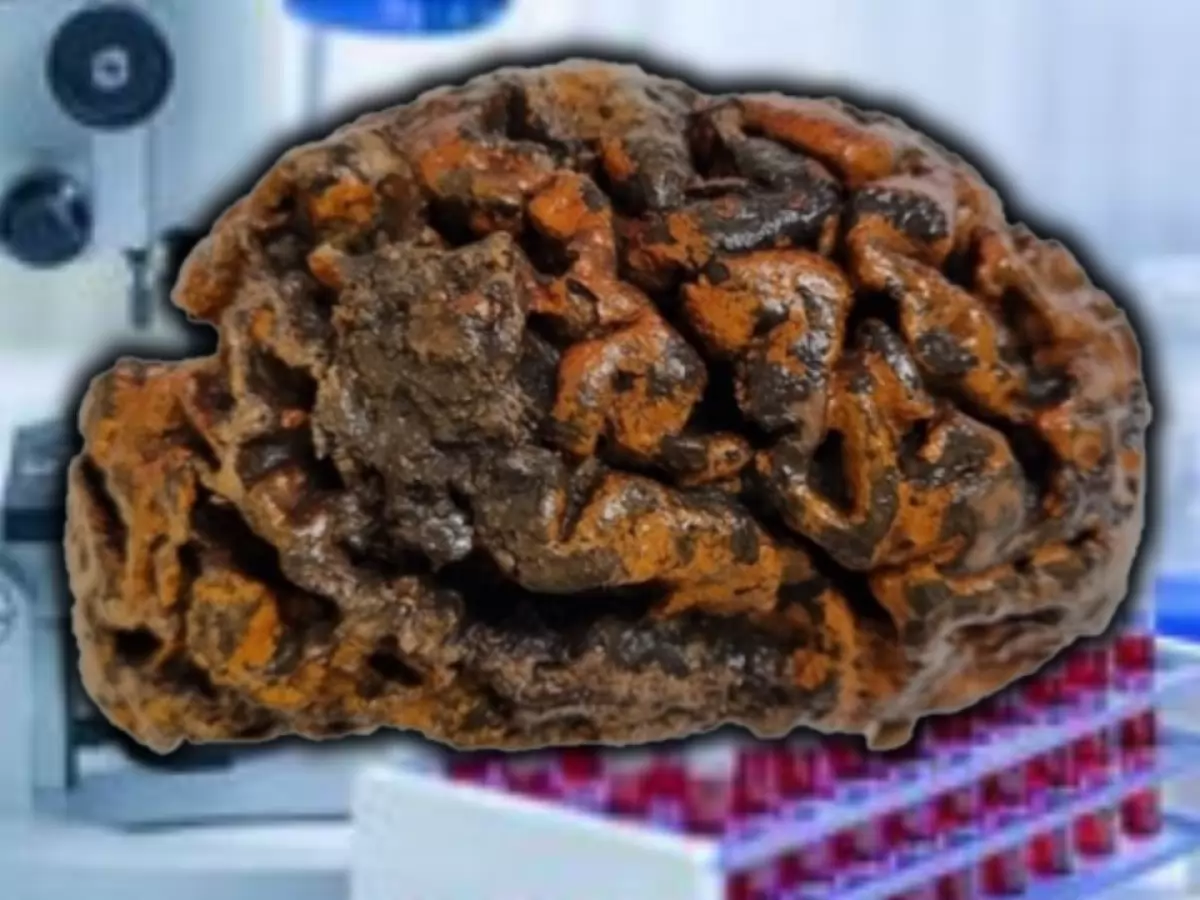
X/Pinterest
An archive of ancient human brains, some of which date back 12,000 years, has been established by a group of UK scientists. They released a study on brains that have been maintained for tens of thousands of years by natural means. This amazing finding refutes the widely held belief that the brain degrades and demonstrates how much more resistant to breakdown this organ is than previously thought.
🚨 The 1st paper of my #PhD @OxUniEarthSci is out! We find >4,400 human brains preserved spontaneously worldwide, dating back to the last Ice Age 🤯🧠🌍 And it's World Happiness Day! What's not to celebrate?! 🥳 https://t.co/L5m9pGnI6L #Archaeology #Anthro pic.twitter.com/1DBrwP74Pz
— Alexandra Morton-Hayward (@MortonHayward) March 20, 2024
Shortly after death, the brain decomposes, but not in certain circumstances. This revelation has left researchers and experts in the fields of archeology and anthropology intrigued and fascinated, as it challenges existing assumptions about the decay process and the longevity of organic materials.
The uncovering of human brains preserved for millennia provides a rare glimpse into the past, offering invaluable insights into ancient civilizations and their practices. The discovery, which defies conventional expectations of decay, raises compelling questions about the conditions and mechanisms responsible for such exceptional preservation.
☠️ >1,300 brains were preserved without any other soft tissues, suggesting a mode of preservation unique to the nervous system! 😮 Ongoing work aims to nail down what this mechanism is 👩🔬 - so stay tuned! #palaeo #forensics pic.twitter.com/IOakr0lUeG
— Alexandra Morton-Hayward (@MortonHayward) March 20, 2024
The significance of these findings extends beyond mere scientific curiosity; they have profound implications for our understanding of human history and cultural evolution. By studying these remarkably preserved brains, researchers hope to unravel secrets about ancient societies, their customs, beliefs, and possibly even aspects of cognitive function and development.
The preservation of organic materials over thousands of years is a topic of ongoing scientific inquiry, with many theories and hypotheses proposed to explain the phenomenon. The discovery of well-preserved human brains from 12,000 years ago challenges prevailing assumptions about the rapidity and extent of decay, prompting scientists to reevaluate existing models and explore new avenues of research.
Researchers are actively investigating the factors that contributed to the remarkable preservation of these ancient brains. Environmental conditions, burial practices, natural substances, and other potential factors are being scrutinized to unravel the mystery of how these delicate tissues survived the test of time with such remarkable resilience.
The discovery of preserved human brains from antiquity serves as a catalyst for future research endeavors in archaeology, anthropology, and related fields. It underscores the need for interdisciplinary collaboration and innovative approaches to unraveling the mysteries of the past and gaining deeper insights into the human experience across different epochs.
The enigma of preserved human brains dating back 12,000 years stands as a testament to the enduring allure of archeology and the constant quest for knowledge about our shared human heritage. As scientists continue to unravel the secrets hidden within these ancient tissues, they pave the way for a deeper understanding of our past and the complex interplay of factors that shape human history and civilization.





Copyright © 2026 Top Indian News
